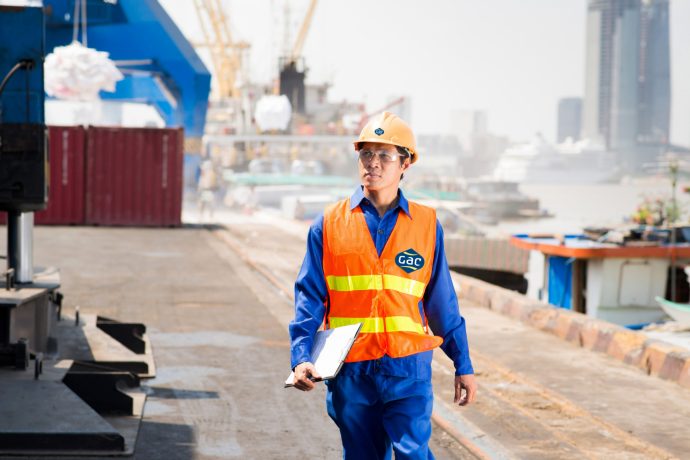The digital transformation of global shipping continues as the industry seeks to streamline operations and improve efficiencies, including inefficiencies in maritime processes that were highlighted by the Covid pandemic.
One area crying out for change is Bills of Lading: a document issued by a carrier or a shipping agent that outlines the details of a shipment, including information such as the product being shipped, the shipper and recipient, and the route. Bills of Lading are a title of the goods being shipped and are a vital part of international trade. The original full set of Bills of Lading is still printed in three originals, to be presented at the destination for the delivery of the cargoes. And it has been that way for almost 500 years.

Electronic evolution
Electronic Bills of Lading (EBoLs) work like their traditional paper counterpart, with the bonus of being accessible to all parties involved in shipments via a secure online portal. This improves tracking and visibility of cargoes, provides more accurate information and offers better security, not to mention being more environmentally friendly. Unlike paper Bills of Lading which can be tampered and forged, EBoLs are encrypted and can only be accessed and changed by the relevant parties.
The shipping industry has long advocated for EBoLs to become the standard and recent developments are now making this ambition become a reality.
In September, the Electronic Trade Documents Act came into force in the United Kingdom, giving legal recognition in English law to electronic trade documents, including EBoLs. The Act was preceded, in 2022, by the UK Law Commission’s Report on Electronic Trade Documents, the culmination of an extensive consultation process with stakeholders across the maritime industry.
This new development will help to reduce costs for businesses and shipping lines, and further minimise the carbon footprint of global trade. With EBoLs, all information will be transferred electronically and the process of shipment release will be quicker, even for cargoes having Documentary Credits. Other benefits include:
“This new law is the next big step for the maritime industry to embrace digitalisation and become paperless,” says Vincent Dsouza, GAC’s Group Operations Director, Logistics (Freight). “There is still a long way to go, but this is a confidence boost for traders worldwide and can be a catalyst for further changes and embracing technology into our day-to-day operations.
“However, there must be a global effort to fully embrace the technology. While connecting electronic systems together will be vital, so too is building trust between stakeholders using EBoLs.

Staying informed
Understanding how to use EBoLs effectively as the technology becomes more mainstream will be paramount. GAC’s protecting agency services help owners and operators supervise charterers’ agency function and monitor port call operations, including handling and signing Bills of Lading in both traditional paper and electronic forms, to deliver peace of mind for any port call.
“EBoLs are an evolving discipline and it is important to fully understands the intricacies involved in ensuring smooth port operations and cargo documentation,” adds Shanaka Fernando, GAC’s Group Vice President – Shipping. “Our team of experts across more than 300 strategic offices worldwide are constantly updating and analysing the new processes to ensure our customers are unaffected and give them the confidence that their cargo, vessel and crew can be processed quickly and in full compliance with local regulations.”

GAC’s protecting agency services go far beyond just Bills of Lading. GAC acts as the eyes and ears on the spot to supervise and monitor port operations to protect your interests. This can be as simple as arranging an independent survey and report to being fully involved in the entire port operation, from start to finish.